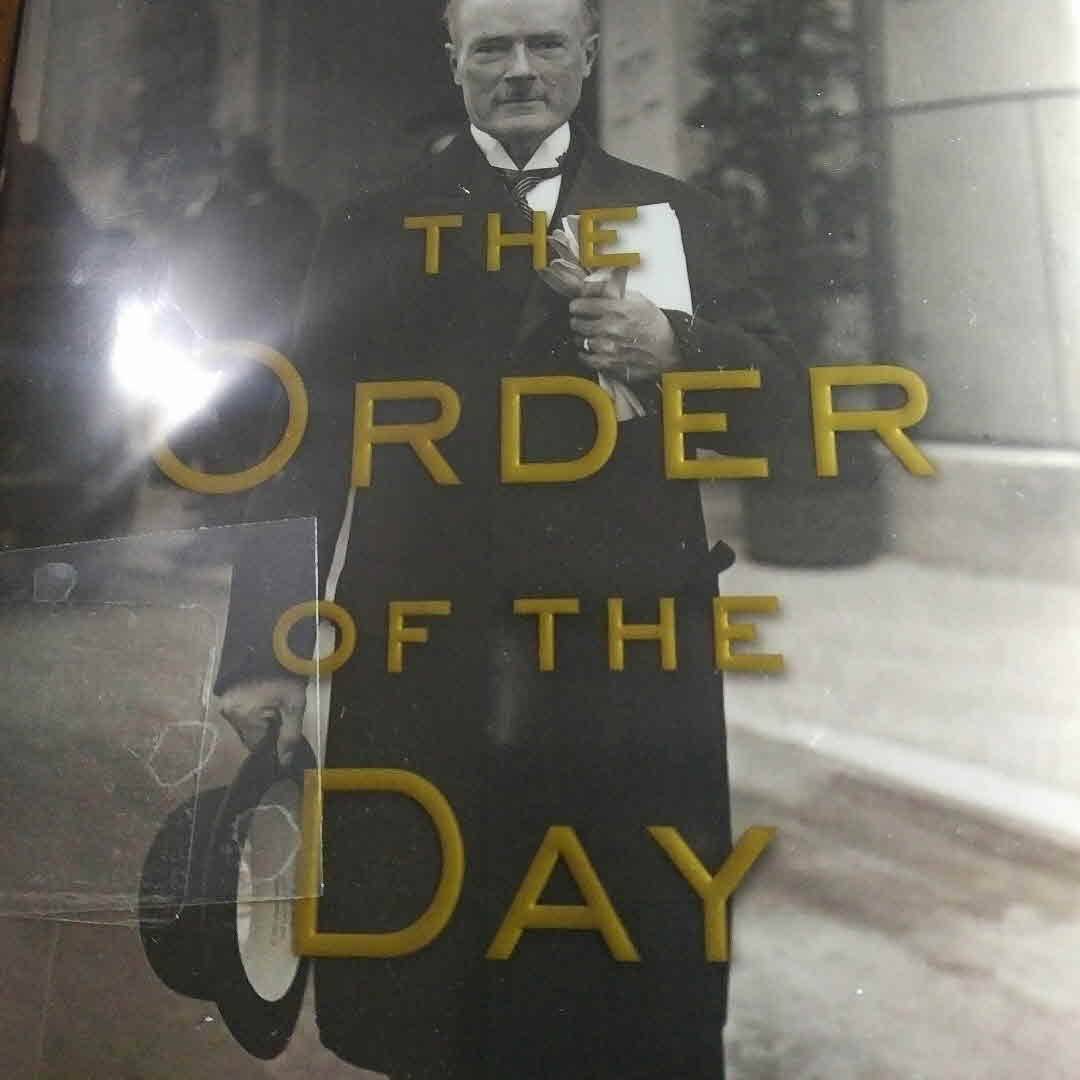"This is a public relations problem not a military one," pronounced McNamara.
"This is a public relations problem not a military one," pronounced McNamara.

"It is odd how used one can become to uncertainty for the future, to a complete planlessness, even in one's most private mind. What we shall do and be, and whenever we shall, in a few month's time, have any home or possessions, or indeed our lives, is so clearly dependent on events outside our own control as to be almost restful."
Homegoing follows the families born of two sisters from Ghana who are separated at birth by fire. Through generations, the families are burdened by slavery and discrimination and make their way to America via the slave trade. Unknowingly, the families come together in San Francisco and reunite by water in Africa.

Eric Vuillard on describing the news of Germany's invasion of Austria handed to Chamberlain while dining With Churchill and Ribbentrop: "The brain is an airtight organ. Our eyes do not give away our thoughts, and imperceptible changes of expression are illegible to others. It's as if our entire body were a poem that consumed us, but of which our neighbors didn't understand a word." "The Order of the Day," p. 80.
I picked this book up from a footnote in an essay and it got me interested in historical, collective memory. The work got me thinking about why we remember and how nation states and institutions remind us to remember the past. But does it help us to forgive? Is forgetting necessary for forgiveness? It was only after reading the book I found that David Rieff is the son of Susan Sontag. I have since read "The Ethics of Memory," by Margarlit.